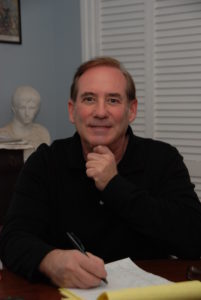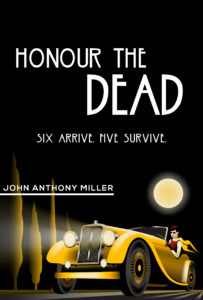I am a terrible, awful, very bad person.
This is clear to me now. There’s no avoiding it. I mean, I don’t kick kittens or steal Salvation Army kettles or anything like that. But I am an objectively evil person because, as a writer, I kind of enjoy torturing my readers. That’s not nice, right?
Example 1: Acre’s Bastard
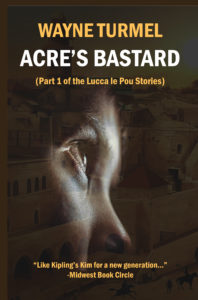
So, prepublication for the book, I was sending out copies to some folks who said they’d read an advance copy and maybe give me some quotes or reviews. I didn’t know many of these folks, and they’d all read a synopsis. The next day I got a Facebook message from one of these ladies giving me hell and saying I should have put a content warning on the book and I was an irresponsible author for not telling people that certain content might not be appropriate.
Remember, this is Acre’s Bastard. The one many people say is really a (shiver) YA book in disguise. What had gotten her so upset?
The exact quote was, “the graphic sexual assault in chapter 2 triggered my PTSD and really upset me. If you’d put a warning up front I never would have read this horrible thing.”
I was mortified. I don’t want to belittle her experience, and I truly am sorry I upset her. I went to several other people for their opinion. They all felt it was fine, and she was overreacting. I sent her a note saying there were no hard feelings for her posting her feelings all over Facebook for complete strangers and potential readers to see (even though I thought it was a bit much, you can’t discount people’s feelings or experience.)
Here’s what makes me a bad person: Once I got over the shock of her reaction, one thought kept recurring to me. I was actually kinda proud of myself. To get that reaction, I must have written the s@#$t out of that scene. It made me smile. Still does. I’m a bad person.
Example 2: Los Angeles, 1952
This is one of my favorite short stories (you can read it here and judge for yourself.) I’ve never been able to find a home for it, for two reasons. First, it’s over 5000 words, and in this world where most short stories are published online, that pretty much makes it War and Peace. Secondly though, it contains a certain word. A word I’ve never used in real life and makes me cringe. You know, the N word.
Just last week a magazine editor told me how much he enjoyed the story, thought it was very well written, but “some of the language” made him uncomfortable and he couldn’t publish it. Now, I can protest (as I often do) that the language and behavior of the characters are not necessarily those of the management. Truth is, when I thought of Lorna yelling that word during the excitement of a boxing match, I smiled because I knew how readers would respond. When I brought it into my writers group, I could hear gasps when they got to “that scene” and it made me happy to my toes. Again, not very nice of me was it?
The latest example: Acre’s Orphans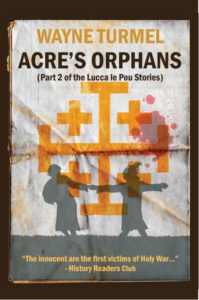
A character dies in chapter 12. A character a lot of people are very fond of. And I laughed out loud when it came to me. Not in a text-y LOL kind of way, but really laughed. So loud it scared Byron, my cockatiel. Not because it wasn’t sad, but because if I did my job right it would elicit a South Park “you bastards you killed Kenny” moment. When several of my beta readers told me how they reacted, I didn’t apologize. I didn’t shrink. I soaked up their emotional responses, lit a cigar and thought, “yeah baby. That’s my job.”
The truth is, I like making people laugh. I like making them cheer, but I also like making them have an unexpected emotional reaction. Sometimes it’s positive, sometimes it’s horror, or sadness, or disgust. Good. That’s my freaking job.
Someone once said that being a novelist is like telling a joke and waiting 6 months for the laugh. It’s true. If a writer touches you in the feels, let him or her know. Better yet tell them AND Amazon with a review.It’s kinda why we do this.
Even if it means we have to admit we’re terrible, awful, really bad people.

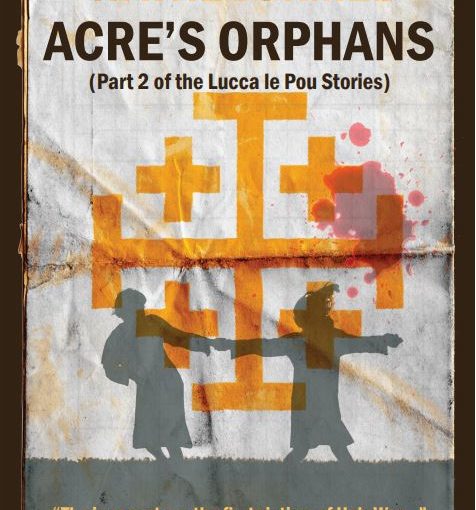

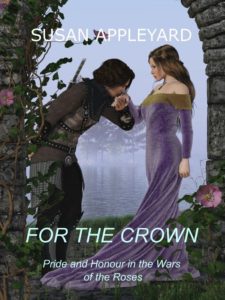

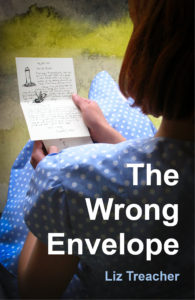
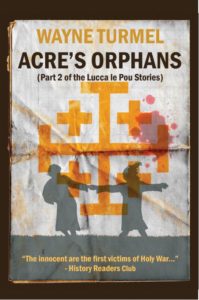
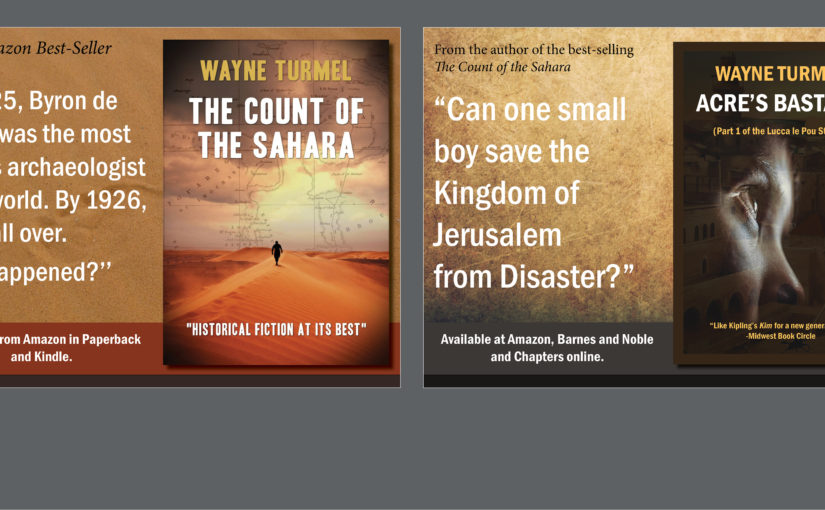
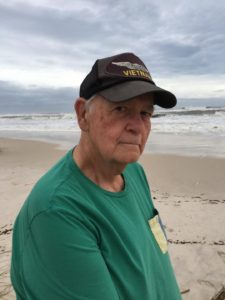
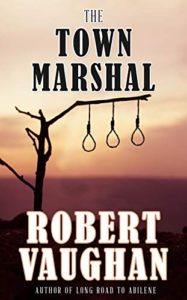
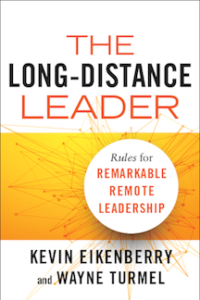
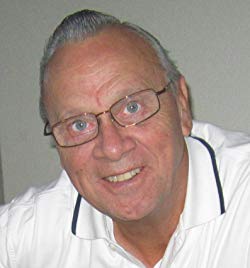
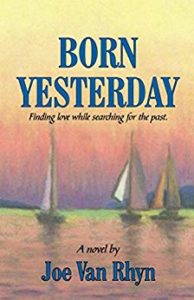
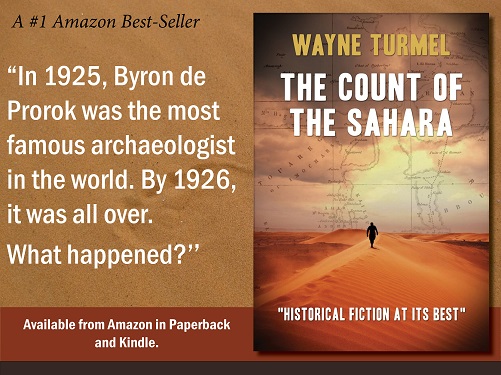
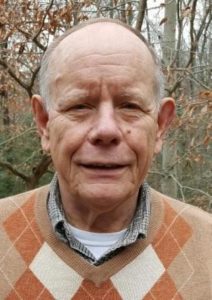
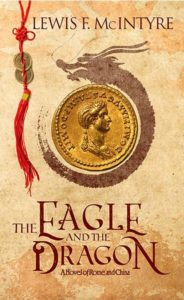


 The final entry is a story I love and have never found a home for. Also history-based, “Los Angeles, 1952” is a tale of boxing, old Hollywood and a first date that may or may not be going well. The only place it has a home is on
The final entry is a story I love and have never found a home for. Also history-based, “Los Angeles, 1952” is a tale of boxing, old Hollywood and a first date that may or may not be going well. The only place it has a home is on 